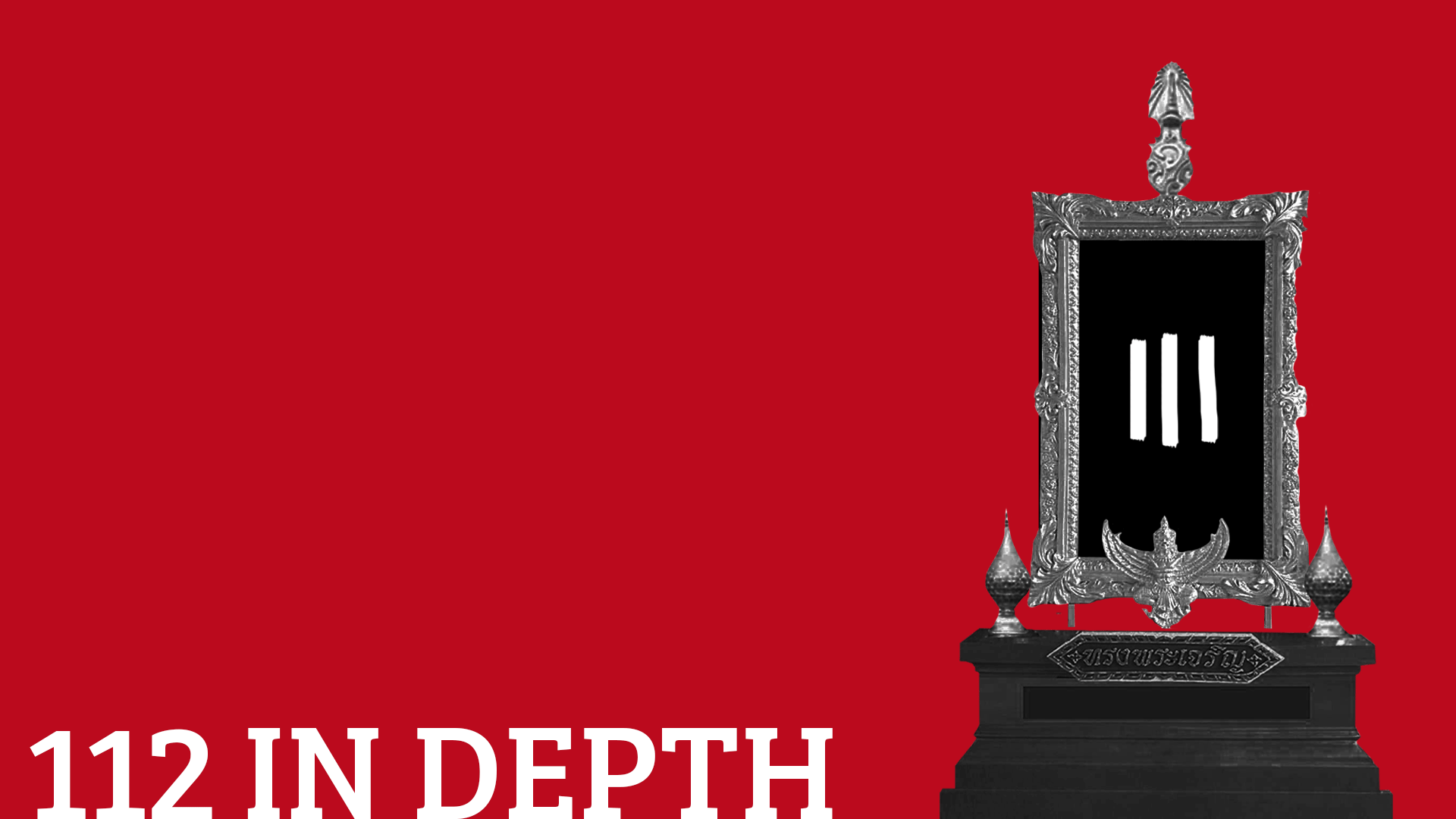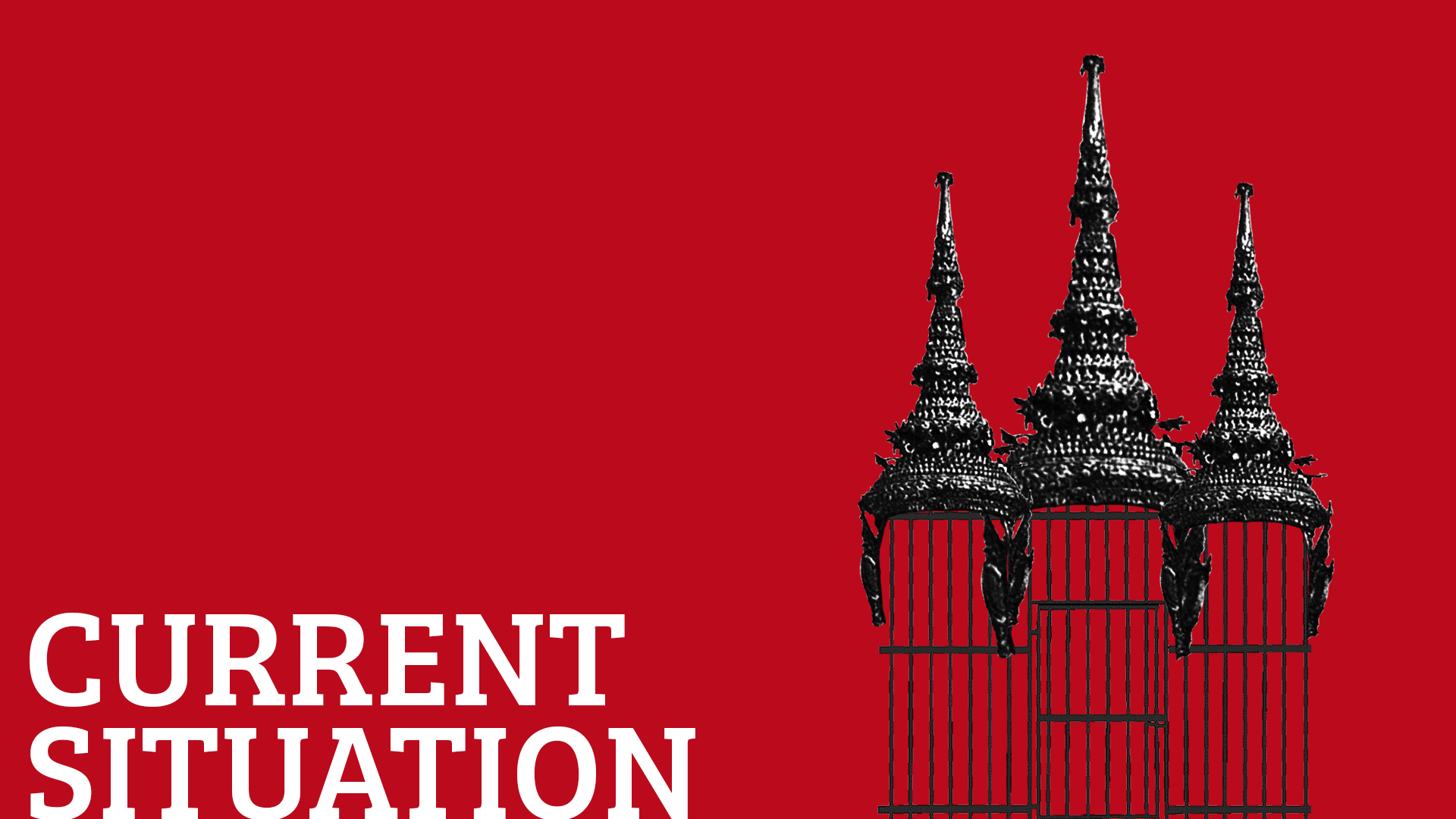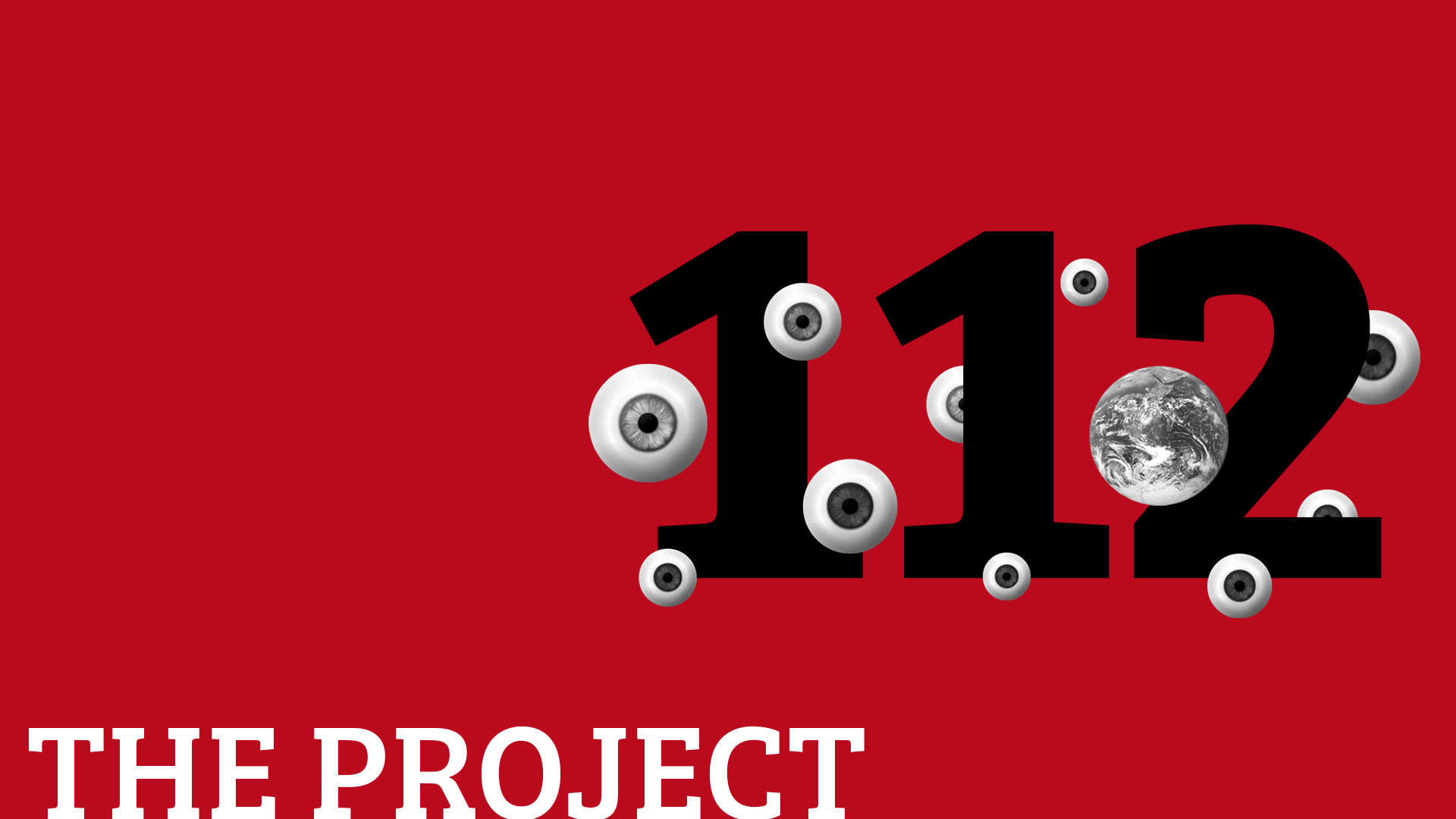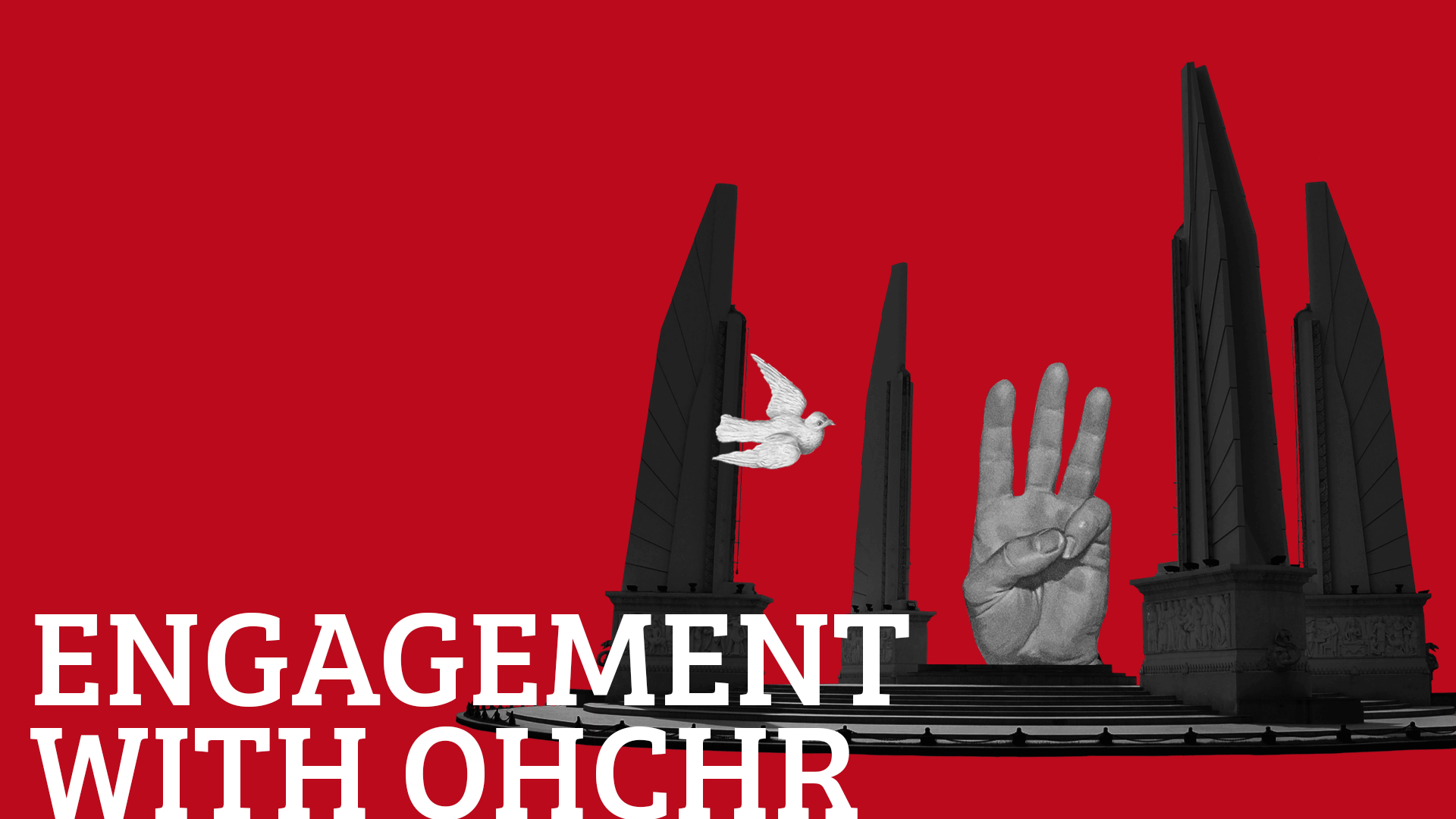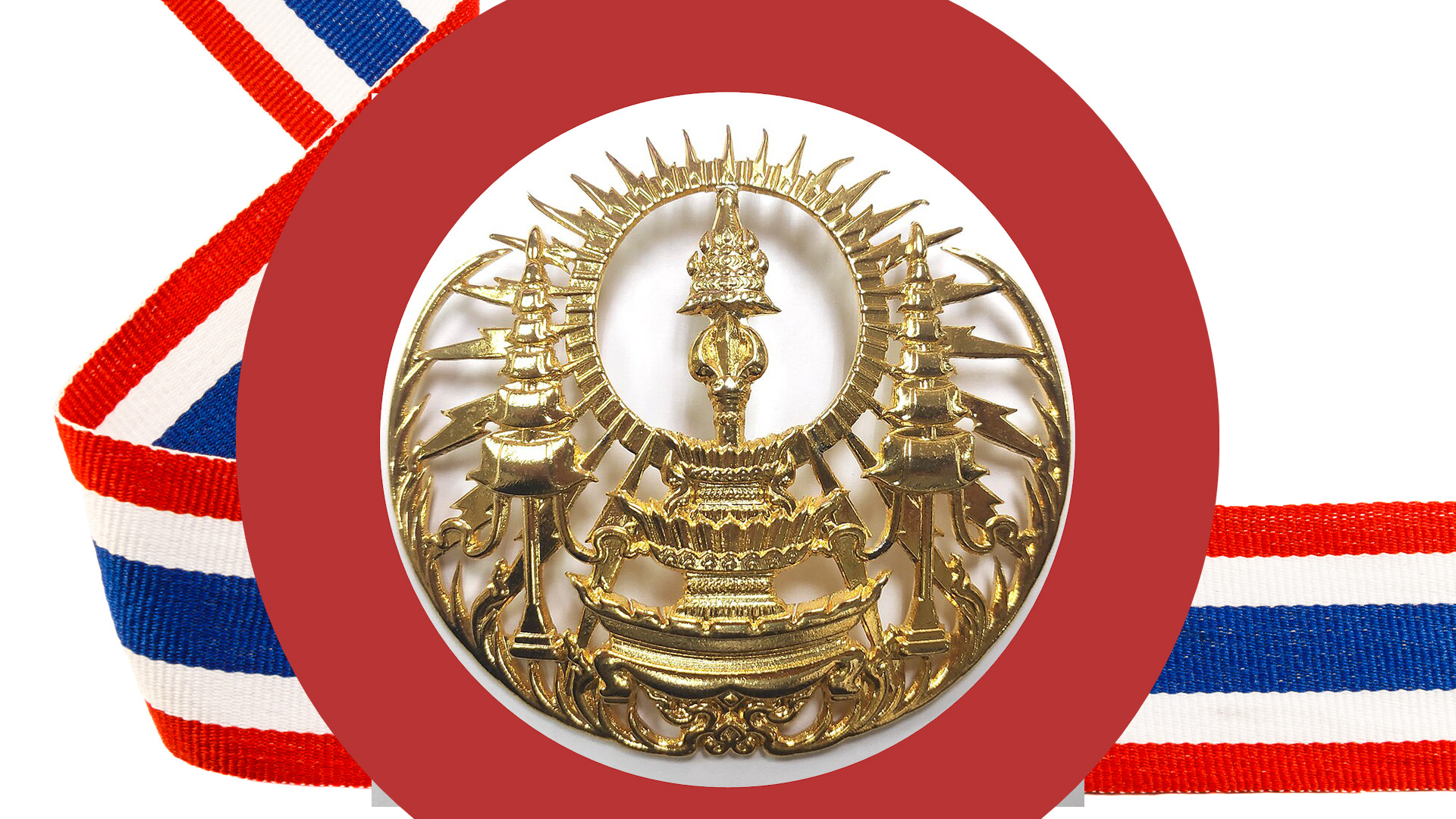
Thailand's Sacred Shield: Protection or Poison?
Defenders of traditional institutions must recognize that their longevity depends on adaptation to evolving social values rather than rigid preservation of historical privileges.
May 6, 2025
What guards the throne kills the citizen. Thailand's lèse-majesté laws don't secure royal power—they've triggered a constitutional autoimmune response where legal "protection" attacks the society it claims to defend. The monarch's untouchable status isn't strength but weakness: when reverence must be enforced at gunpoint, legitimacy has already died.
The Thai monarchy has long represented itself through laws that have maintained its position as an inviolable institution within Thailand's political landscape. The impact of these legal frameworks has been profound, affecting countless lives and creating an atmosphere of apprehension among citizens and governmental bodies alike. Does the weaponization of sacred sovereignty through juridical mechanisms create a paradoxical 'immunity-autoimmunity complex' whereby monarchical institutions ultimately destroy the very societal bodies they ostensibly protect? This question becomes particularly urgent in light of Section 112 of Thailand's Criminal Code—the lèse-majesté law—which functions as a metaphorical sword connecting various institutions to reinforce royal power. The human toll of this legal apparatus cannot be overlooked, with numerous lives disrupted or ended, necessitating serious consideration of legal reform or, at minimum, opening educational institutions to critical discourse if the monarchy wishes to maintain social cohesion and legitimacy. The widening divide between right-wing traditionalists and pro-democracy advocates has persisted for decades, resulting in a diaspora of asylum seekers and attracting international human rights scrutiny that threatens Thailand's standing in the global community. Moreover, the extensive reach of institutions allegedly connected to the monarchy—from military installations to corporations—has created a pervasive climate of fear that undermines civic trust.
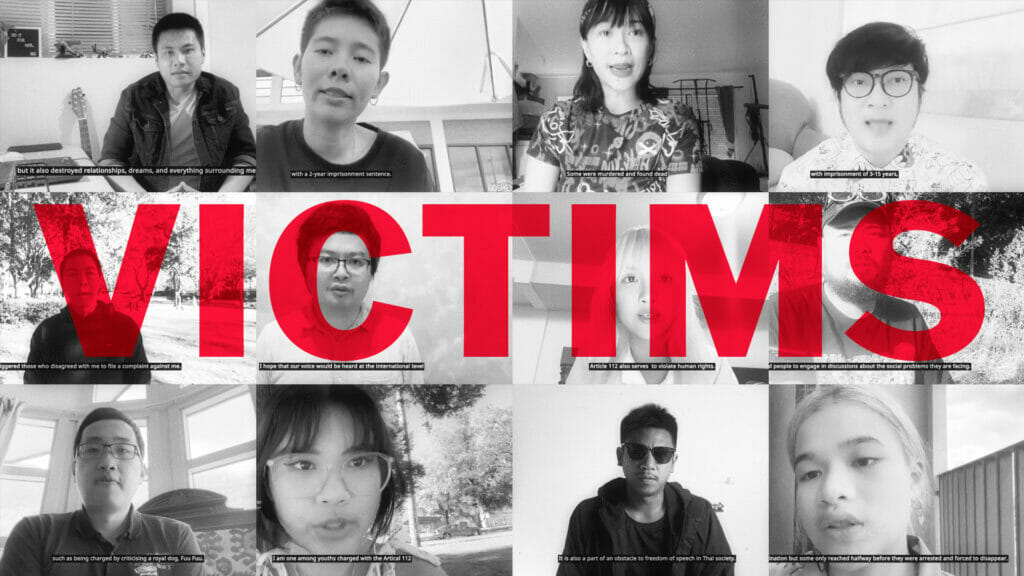
How Thailand's Legal Shield Became Its Constitutional Pesticide?
This provocative formulation penetrates beyond conventional analyses of Thailand's constitutional crisis to expose a novel theoretical paradigm: the monarchy functions not merely as Agamben's "sovereign exception" but as an immunological paradox within the body politic. This conceptualization draws from Roberto Esposito's immunitary paradigm but extends it to identify a previously untheorized phenomenon wherein protective mechanisms (juridical shields like Section 112) trigger an autoimmune response in the societal organism they ostensibly safeguard. The monarchy's position thus represents not simply an exception to juridical order but an agent of immunological confusion within Thailand's constitutional anatomy. The Thai case is distinctive in how this exception has been codified through Section 112, creating what might be called a "juridical halo" around the monarchy that renders it untouchable through ordinary democratic means.
This immunity-autoimmunity framework transcends the hackneyed historical narrative of incomplete transition from divine right to popular sovereignty. Thailand's case demands fresh theoretical apparatus because it represents not a failed or incomplete modernization but rather a distinctive constitutional cytology where juridical antibodies (Section 112) have developed hyperactive properties, attacking the very civic tissue they evolved to defend. The traditional "dhammaraja" concept has not simply merged uncomfortably with European constitutionalism—it has undergone a profound molecular mutation, creating what I term "juridical hyperimmunity syndrome" wherein protective mechanisms become existential threats to the protected entity. This syndrome manifests when reverence-enforcing laws generate precisely the societal antibodies (resistance movements, international critique, intellectual exodus) that ultimately threaten monarchical legitimacy.
Hannah Arendt's distinction between power and violence offers valuable insight here. In Arendt's framework, power emerges from collective action and consent, while violence represents the breakdown of legitimate authority. Thailand's lèse-majesté law exemplifies this distinction—rather than reinforcing genuine power through consent, it relies on the threat of violence to maintain authority. This reversal transforms what might be authentic reverence into enforced deference, ultimately undermining the very institution it aims to protect.
The existential philosopher Albert Camus might characterize Thailand's situation as a form of "collective absurdity"—citizens participate in rituals of reverence while simultaneously aware of the contradictions inherent in a democratic system that places certain topics beyond democratic deliberation. This creates a social condition akin to what Jean-Paul Sartre termed "bad faith," where individuals and institutions maintain contradictory positions without acknowledging the fundamental tension.
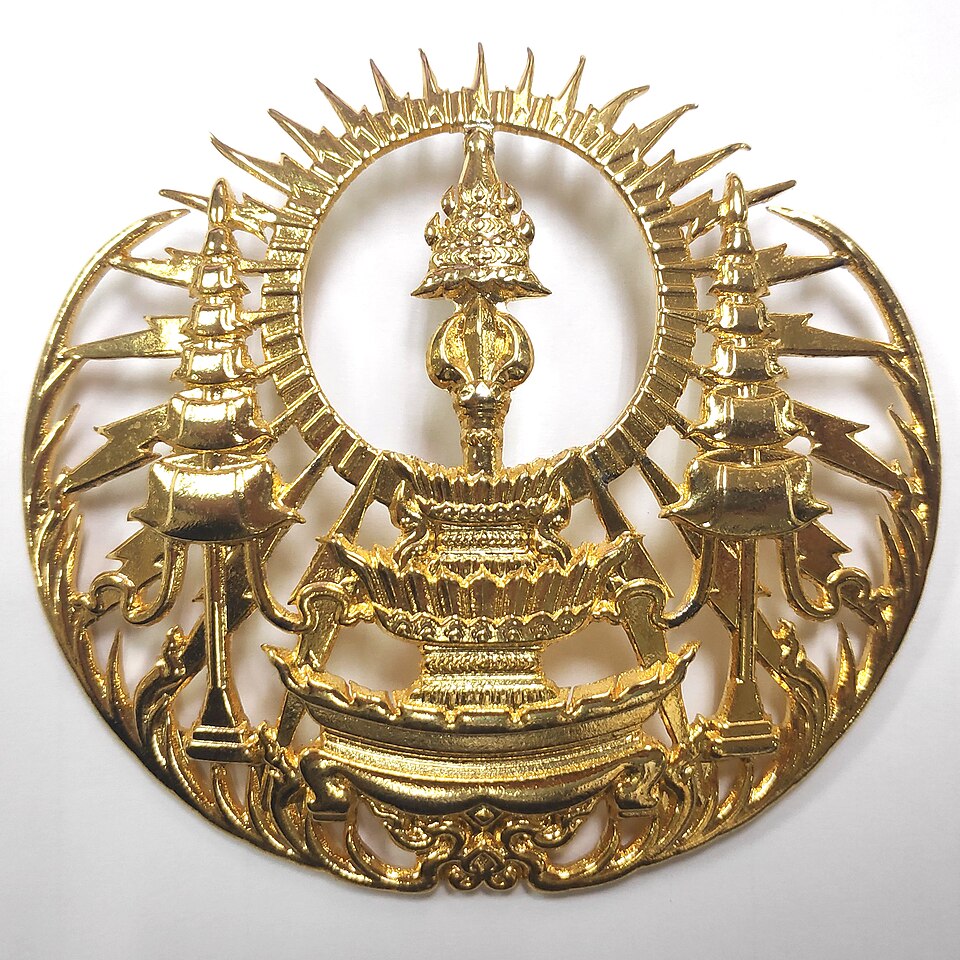
Monarchy and the Fallacy of Forced Devotion
Looking to comparative examples, Spain's transition from authoritarian rule under Franco to constitutional monarchy provides instructive contrast. King Juan Carlos actively positioned himself as a defender of democratic transition rather than an obstacle to it, allowing for the development of a monarchy that retained public support precisely because it surrendered absolute privilege. The Spanish monarchy remains legally protected, but within proportionate boundaries that acknowledge democratic principles. This careful balancing act has faced challenges, particularly during Catalonia's independence movement, but the basic framework has prevented the development of irreconcilable contradictions within Spain's constitutional order.
Similarly, Sweden's evolutionary approach to monarchical reform demonstrates how traditional institutions can adapt to democratic values without abrupt rupture. The Swedish monarchy gradually relinquished political power throughout the 20th century while maintaining cultural significance. Crucially, Swedish law permits open discussion and criticism of royal affairs, recognizing that democratic discourse requires freedom to evaluate all institutions, however venerated. This approach has paradoxically strengthened the monarchy's position by aligning it with modern democratic values rather than positioning it in opposition to them.
Japan offers another instructive case. Following World War II, the Japanese imperial institution underwent radical transformation, relinquishing claims to divinity while maintaining ceremonial functions. This transition, though initially imposed through occupation, has evolved into a stable arrangement where the emperor serves as a "symbol of the state" rather than a locus of political power. Japanese citizens can freely discuss and even criticize the imperial institution without fear of legal repercussions—a stark contrast to Thailand's approach.
What these comparative examples illustrate is that monarchical institutions need not stand in opposition to democratic development. Rather, the key determinant appears to be whether the monarchy positions itself as part of the democratic project or as an exception to it. When monarchies embrace their evolution toward primarily symbolic and unifying roles, they can enhance rather than undermine democratic consolidation.
The philosopher Jürgen Habermas's concept of communicative rationality provides another lens through which to view Thailand's predicament. Habermas argues that legitimate governance emerges from unconstrained public discourse where the force of better arguments prevails over authority or tradition. Section 112 fundamentally violates this principle by removing the monarchy from the realm of public deliberation, making impossible the kind of discursive legitimation that modern democracies require.
Michel Foucault's analysis of power as productive rather than merely repressive also bears on Thailand's situation. The lèse-majesté law doesn't simply prohibit certain speech; it actively produces a particular kind of political subject—one who internalizes constraints on political imagination and expression. This production of self-censoring citizens represents a form of biopower that shapes Thailand's political possibilities more profoundly than explicit coercion alone could achieve.
The toll on academic freedom has been particularly severe. Universities worldwide function as essential spaces for critical inquiry and the development of civic consciousness. When certain topics are designated as beyond scholarly examination, the entire intellectual ecosystem suffers. Thai scholars working on monarchy-adjacent topics must either practice extraordinary caution or conduct their research from abroad, creating an intellectual diaspora that deprives Thailand of crucial perspectives. This enforced intellectual emigration represents a form of "brain drain" that diminishes Thailand's capacity for self-reflection and reform.
International human rights norms increasingly recognize that freedom of expression includes the right to criticize state institutions, including monarchies. The UN Human Rights Committee has consistently held that laws protecting heads of state from criticism are incompatible with international human rights obligations. Thailand's exceptional position on this matter isolates it from evolving global consensus and places it in the company of regimes generally recognized as authoritarian rather than democratic.
The philosophical tradition of civic republicanism, from Cicero through Machiavelli to Philip Pettit, emphasizes that freedom consists not merely in non-interference but in non-domination. Citizens are unfree not only when directly constrained but when living at the mercy of arbitrary power. Section 112 creates precisely this condition of domination—citizens must constantly gauge whether their political expression might fall afoul of vague prohibitions, living under the permanent possibility of punishment rather than clear, predictable rules.
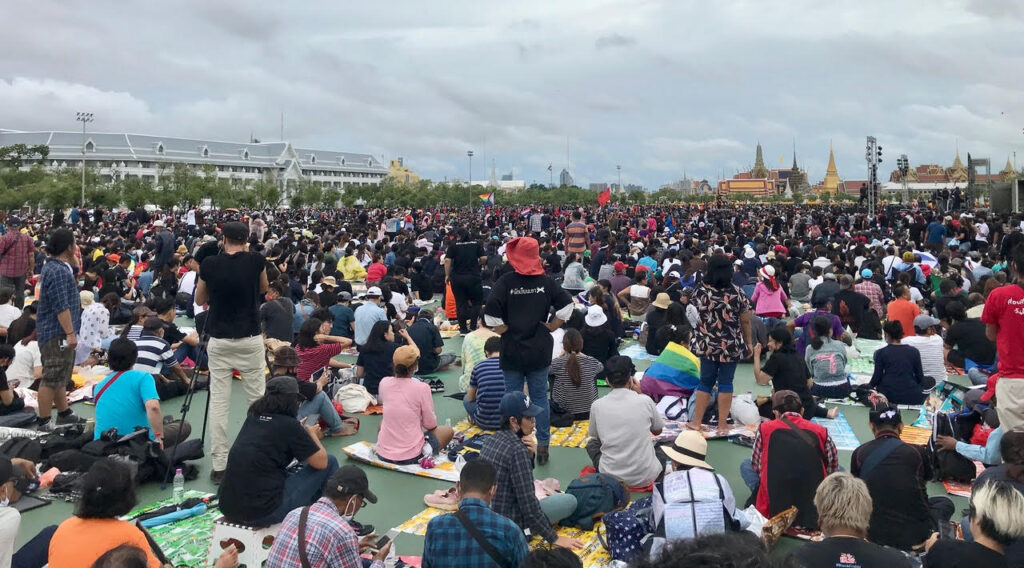
From Legal Weapons to Democratic Grips
Transcending Kantian distinctions between actions from duty versus accordance with duty, the immunity-autoimmunity paradigm reveals that Thailand's predicament requires nothing less than constitutional immunotherapy. The juridical hyperimmunity syndrome I've identified operates through what I call "reverence-enforcement paradox"—a previously untheorized phenomenon whereby legally mandated veneration generates authentic antipathy, creating a constitutional autoimmune disorder where protective mechanisms become primary threats. The monarchy's position thus requires not merely reformed legal codes but comprehensive immunomodulatory intervention: carefully calibrated exposure to previously prohibited criticism that would, paradoxically, strengthen rather than weaken institutional resilience. This approach inverts conventional wisdom about institutional protection, suggesting that constitutional health requires controlled exposure to the very antigens (critique, debate, scholarly analysis) that current legal structures pathologically avoid.
Educational reform represents a critical component of any sustainable solution. Rather than transmitting an uncritical narrative about the monarchy, educational institutions could foster nuanced understanding of Thailand's constitutional evolution, including comparative perspectives on how other monarchies have navigated the transition to democratic governance. Such education would not undermine respect for tradition but contextualize it within broader historical developments.
Thailand stands at a crossroads between competing visions of sovereignty. One vision locates ultimate authority in transcendent, traditional sources beyond democratic contestation. The other grounds legitimacy in popular sovereignty expressed through ongoing public deliberation. The current constitutional arrangement attempts to maintain both simultaneously, creating irresolvable tensions. Moving forward requires not necessarily abandoning monarchy but reconceptualizing its relationship to democratic governance.
The philosopher Charles Taylor speaks of "social imaginaries"—the ways ordinary people imagine their social existence and how they fit with others. Thailand's challenge involves transforming social imaginaries that currently position the monarchy as beyond ordinary politics toward ones that integrate traditional institutions within democratic frameworks. This transformation cannot occur through legal mandate alone but requires cultural evolution supported by expanded spaces for public discourse.
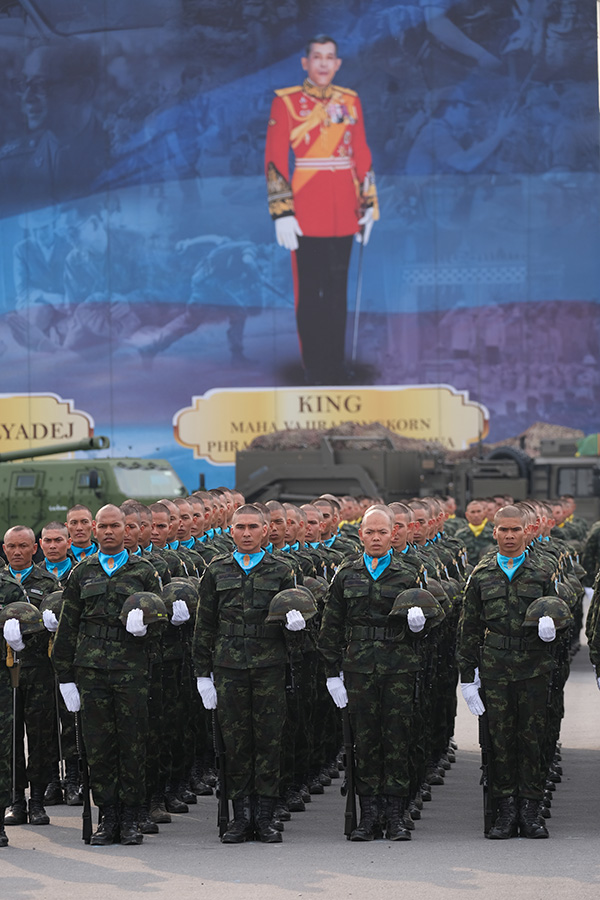
Different lens to look for!
Thailand's experience holds broader implications for democratic theory. It challenges simplistic assumptions about linear democratic development and highlights the complex interplay between traditional sources of legitimacy and modern democratic principles. Rather than viewing Thailand's situation as merely "incomplete democratization," we might better understand it as revealing tensions inherent in democracy itself—tensions between popular sovereignty and constitutional limits, between majority rule and protected rights, between dynamic change and institutional stability.
The monarchy's lasting significance in Thailand suggests that democratic theorists might benefit from more seriously engaging with how traditional sources of authority can complement rather than contradict democratic governance. Conversely, defenders of traditional institutions must recognize that their longevity depends on adaptation to evolving social values rather than rigid preservation of historical privileges.
Thailand's constitutional crisis thus offers not just a national challenge but a philosophical one with global resonance. It invites us to imagine political arrangements that honor authentic tradition while embracing democratic principles—not as contradictory imperatives but as potentially complementary sources of social cohesion and legitimate governance. The answer lies not in choosing between tradition and democracy but in reimagining their relationship.
Prem Singh Gill
Prem Singh Gill is a Visiting Scholar at the Universitas Muhammadiyah Yogyakarta, Indonesia and a Visiting Scholar in Thai Public Universities.
